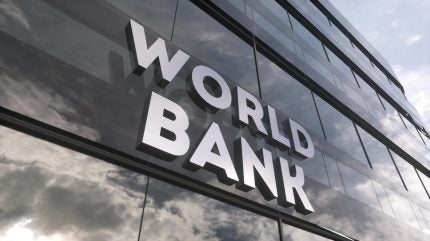
The World Bank and African Development Bank (AfDB) have announced terms for African countries to secure $40bn in power finance under the Mission 300 programme.
In 2019, electricity access in sub-Saharan Africa varied from 1% in South Sudan to 94% in South Africa, as reported by the International Energy Agency.
This initiative aims to provide electricity to 300 million Africans by 2030, according to a report by Bloomberg.
The goal is to connect half of the continent’s population through national grid-linked power projects, and the remainder via off-grid technologies such as solar mini-grids.
The programme pledges $30bn in finance from the banks, with an additional $10bn expected from private institutions.
The banks expect to gain support from private developers, financial institutions, sovereign wealth funds and philanthropies by enhancing the profitability of renewable energy investments in sub-Saharan Africa.
The AfDB, committing $5bn to the project, will collaborate with other institutions to establish guarantees and financial mechanisms to mitigate risks for private investors, according to Wale Shonibare, AfDB’s director of energy and financial solutions.
World Bank director of infrastructure in Western and central Africa Franz Drees-Gross stated: “Of the 680 million people globally without electricity access, 570 million live in sub-Saharan Africa. Against that backdrop, and also very high population growth in Africa, that’s making it very difficult to make progress in increasing coverage.
“If you’re going to reform African energy sectors, you have to make deep and sometimes politically difficult reforms.”
Participating countries must implement regulations to attract private investment and commit to using the lowest-cost electricity – typically renewable energy.
Countries are also expected to run competitive tenders for power generation projects and ensure utilities charge sufficient prices to cover operating costs. Additionally, countries must outline plans to achieve universal power access.
The report stated that 13 countries will present their plans at the Mission 300 energy summit to be held in Tanzania at the end of January 2025.
Nigeria, the Democratic Republic of Congo, Chad and Ivory Coast are among the countries presenting their plans at the conference.



